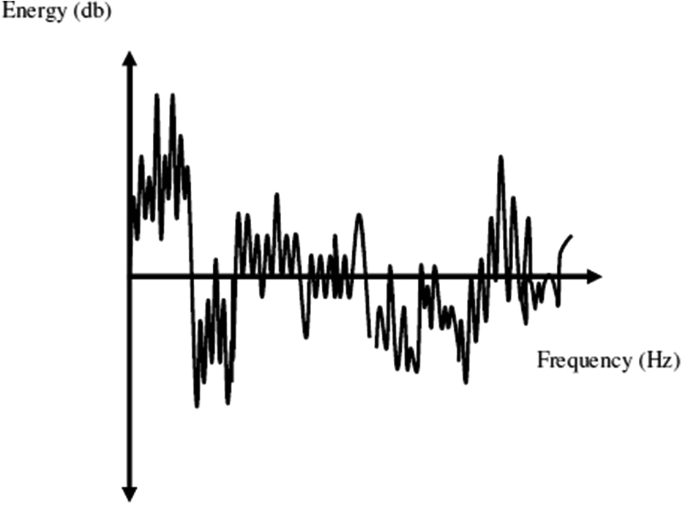The battle for screen resolution supremacy has reigned since the invention of the television and the computer monitors. Some years back, TV manufacturers strived to make color TVs that produced outstanding picture quality. After the era of the color TVs came the HD and 720p TVs. Now we have 1080p and 4K TVs, two of the finest TV resolutions known for their clarity and visual appeal. As a TV buyer, you’re likely wondering which is better – 4K or 1080p resolutions.
Which Is Better – 4K or 1080p?
4K and 1080p are video resolutions that define the clarity and distinguishability of the video display. Resolution in the case of videos talks about the total number of pixels each video frame contains. The more pixels a video frame has, the more realistic and clear the videos will appear. Simple words will describe video resolution as the measure of pixels contained in the standard aspect ratio of 16:9.
These two ultra-high-definition video resolutions indicate the pixels included in each resolution. 1080p resolution represents 1080 vertical and 1920 horizontal pixels, while 4K represents 3840 horizontal and 2180 vertical pixels. 4K resolution is better than 1080p by up to 4 times, meaning if your TV or computer has 4K resolution, it delivers more precise and immersive videos that are four times better compared to those delivered by 1080p devices.
The Main Differences between 1080p and 4K Resolutions
While 1080p resolutions offer approximately two million pixels total, 4K resolutions provide over 8 million pixels, which means detailed and more explicit display. These are the apparent differences between 4K displays and 1080p displays.
Differences in Resolutions
TVs or computers with 4K resolutions have four times more pixels than ones with 1080p. In the context of watching experience and clarity of the video content, 4K resolutions are better. More refined and more explicit details of 4K resolutions enable you to watch clear pictures from afar.
Differences in Colors
The color quality of 4K resolutions is also better compared to that of 1080p resolutions. TVs or computers delivering 4K resolutions provide more lively colors and deeper shadows. However, the color superiority will depend on whether the device uses LCDs or OLED. OLEDs offer a more precise and superior color impact compared to LEDs.
Differences in Content
Most of the available video content is offered in 1080p resolution. There are Netflix and YouTube shows that support 4K streaming, but they are not many. The majority of the available gaming consoles, including PlayStation 5 and Xbox Series X, support 4K content. Therefore, both of the resolutions match the needs and preferences of modern video content consumers.
Differences in Cost and Availability
Some years back, getting a 4K TV and computer monitor was quite a hassle. Today, virtually all high-end TVs and computer monitors have 4K resolution. That doesn’t mean there is a limited supply of 1080p TVs and computer monitors. If you browse the internet today, you’ll be met with fantastic 4K and 1080p TV and computer monitor deals and discounts you can’t avoid.
Reasons to Choose 4K TVs
In reality, both 1080p and 4K resolutions are ideal solutions to the modern video content consumer. However, not many video content providers are ready for the 4K resolutions. We have seen several video content providers switch to 4K resolutions, but many online streaming platforms only offer a 1080p range. As a matter of factly, most streaming platforms, including YouTube, Netflix, and Disney Plus, have adopted 4K resolutions.
If you want to enjoy next-generation gaming experiences, you want to purchase a 4K TV. Many streaming devices, including Roku devices, Chromecast, and Google TV, also support 4K. Two years ago, few people could afford 4K TVs, but the price has reduced significantly today. It’ll amaze you to realize 4K televisions are almost the same price as 1080p televisions.
4K TVs can efficiently reproduce finer details with higher contrast ratios because of their quadruple pixels number. Watching a show or video in a 4K resolution will give you stellar clarity with an outstanding presentation of the video details.
Reasons to Consider 1080p TVs
1080p televisions have existed for several years and have pretty much become the household name in many modern homes. These televisions are available in plenty and are way more affordable compared to their 4K counterparts. Many of the smart and digital televisions available today have 1080p resolutions.
It’s not like 1080p televisions have low quality or deliver unclear pictures. In fact, 1080p or Full HD videos are clear and detailed enough to be watched from afar with minimal eye strain. Considering the high availability and affordable cost, 1080p televisions are quite the way for many homeowners.
Should You Upgrade to 4K Television?
The decision on whether to keep your Full HD television or upgrade to 4K television is entirely yours. If you aren’t happy with your 1080p TV display, you can go for a 4K tv. However, when deciding to upgrade to a 4K tv, you should not forget to check the TV size. In smaller size televisions, it’s pretty hard to tell the difference in the resolution the pictures are displayed. As for larger televisions, it’s super easy to tell when a TV produces 1080p pictures and when it produces 4K pictures. Many manufacturers focus on creating high-end and large-screen televisions featuring 4K and HDR technologies. Therefore, you don’t expect a 32-inch 1080p television to deliver the same quality of moving pictures as a 32-inch high dynamic range color and 4K resolution TV.
Which Is Better – 4K or 1080p: Conclusion
There are real benefits to understanding the differences between 1080p and 4K televisions before you start shopping. The visual quality, clarity of pictures, and video content details depend significantly on whether the television is 1080p or 4K. Televisions that have 4K resolutions are clear and deliver more detailed moving pictures. While 4K televisions aren’t cheap, they give you real value for money because you’ll get quality and clean video content. 1080p televisions are more affordable and a favorite solution for many homeowners.
















